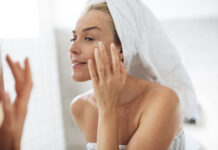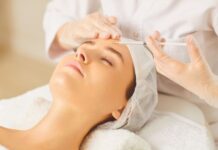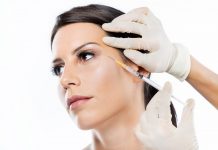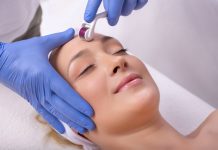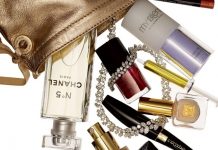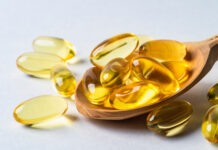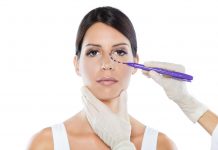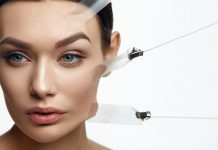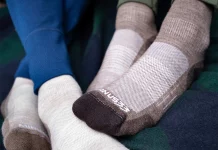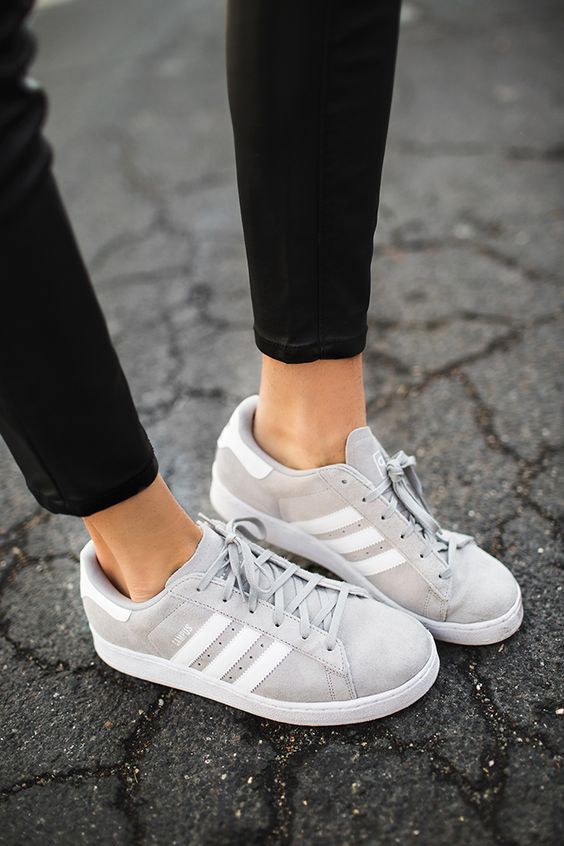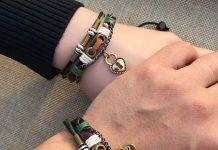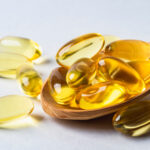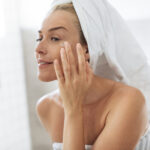One of the most difficult aspects of battling the pandemic for the last year and a half has been the availability of personal protection equipment (PPE) for healthcare workers. At first there was not enough PPE, then it was not the right type of PPE, then many people refused to wear their own PPE to prevent further spread.
As it currently stands, nurses still need to wear comprehensive PPE, even in places where vaccination efforts have been largely successful. Around the world, the pandemic is continuing to ravage populations at full force, and it is likely that there will be more mutations in the future for nurses to combat. So, what is the future of PPE in the nursing profession, and how can nurses best take care of themselves while wearing PPE?
The enduring legacy of PPE
Through the COVID-19 pandemic, there have been battles between healthcare providers, the public, and governments scrambling to find enough PPE for nurses, doctors, and all healthcare professionals. Although in the United States vaccination efforts are underway, many people remain hesitant about the vaccine and, in certain states and regions, vaccination levels remain low.
Additionally, new mutations of the virus are being created in areas of the world where vaccine programs have not been as successful, often because of IP control. As a result, it looks like PPE wearing is here to stay, at least for the next few years.
Looking ahead and upskilling
Although the pandemic has caused untold suffering, it has also inspired many researchers and healthcare professionals to learn as much as they can and increase their knowledge. Everyone around the world has been witness to just how fragile healthcare systems are and how unprepared governments and social systems are for pandemics.
This is concerning as, from the research, it seems likely that there will be more pandemics in the near future as globalization increases, food systems come under pressure, and global travel becomes the norm for millions around the world.
If you are a nurse who feels inspired or called to learn more about immunology, pandemics, and care, then you may want to consider further education. A PhD nursing program such as the one offered at Wilkes University allows students to perform research in a flexible way, so you do not have to put your career on hold for a number of years while you work on the degree.
The Wilkes University Ph.D. program provides support to students including hands-on experience, mentorship, and the expertise of experienced professors.
A master’s degree, certificate, or doctorate in nursing can open up a number of different professional doors for nurses. A Ph.D. in nursing is a great way to jump into a role in academia or research. This is especially appealing for individuals who are interested in how the next pandemic could be prevented or managed in a better, safer way.
Caring for yourself while wearing PPE
As nurses, we are trained how to wear, and remove, PPE effectively without increasing the likelihood of transmission. Every element of wearing PPE from putting it on, to securing it, wearing it, and checking on it throughout the day, until disposing of it properly at the end of the day, is vitally important for maintaining high levels of safety.
However, there are ways to take care of yourself while wearing PPE that extend past the needed safety protocols and measures in place. Wearing PPE day in and day out can have difficult physical and emotional or mental effects.
The repetition of wearing medical grade masks and PPE each and every day can create a less than ideal environment for skin, as dirt, bacteria, and condensation can become trapped between the skin and the layers of PPE. This, in turn, can lead to the creation of blemishes, more serious cases of acne, skin irritation, and rashes.
In addition to the harmful effects PPE use has on the skin, it also can be very emotionally draining to wear PPE all day because it is uncomfortable, awkward, and prevents you from more easily engaging with colleagues during quiet moments.
In order to boost your skin’s health and wellbeing, it is worth developing a thorough skincare routine which includes moisturizers, sun care, and exfoliants. If you have developed acne or experienced breakouts, you may also want to look into products specifically designed to combat acne such as pimple patches, purifying clay masks, and serums like salicylic acid.
If you have not used a particular product before and are not sure how your skin will react, patch test the product first and work it into your routine slowly. The last thing you need is to have a massive flare up as a reaction to a new product.
Caring for your mental health and emotional wellbeing is just as important. Wearing full PPE is just one of many stressors which healthcare professionals have dealt with over the course of the pandemic.
You should make it a point to continually check in with yourself on a mental and emotional level and see how you are doing. Your self-care routine may need to include going to therapy as well as caring for your physical needs, and this is something you should feel empowered to do.


